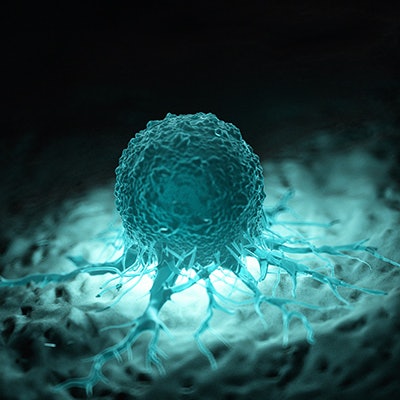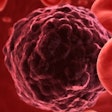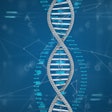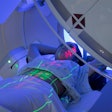
Researchers from the Boston University School of Public Health (BUSPH) believe they have identified for the first time how an environmental chemical receptor suppresses immune response in patients with oral cancer.
Removing the aryl hydrocarbon receptor (AhR) from malignant cells contributed to a lack of tumor growth in mice, they found. The findings, published on May 11 in Proceedings of the National Academy of Sciences, provide new insight into the biology of cancer immunosuppression.
"These results strongly suggest that targeting this master immune checkpoint regulator with specific inhibitors may ultimately prove as effective, or more effective, at enhancing anticancer immune responses than any single immune checkpoint inhibitor," stated lead author Dr. David Sherr, a professor of environmental health at BUSPH, in a press release.
The researchers conducted their experiment with mice that had unaltered oral cancer cells or transplantation of AhR-negative cells. While the unaltered tumor cells overwhelmed mice within 60 days, mice with the AhR gene deletion experienced zero tumor growth.
Furthermore, the altered cell group had a robust tumor-specific immune response characterized by a decrease in expression of immune checkpoint markers. The researchers also discovered that when the mice with AhR-negative cells were given a quasivaccine protocol, they had a highly effective response to unaltered, highly malignant cancer cells.
The findings suggest that AhR could be a promising new target for cancer immunotherapies, potentially improving outcomes for patients with oral squamous cell carcinoma and other cancers. So far, only about 30% of cancer patients respond to immune checkpoint inhibitors, the authors noted.
"We can see how such a novel drug could be used in a cancer prevention, interception, or treatment modality," Sherr stated.



















